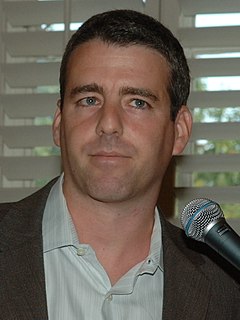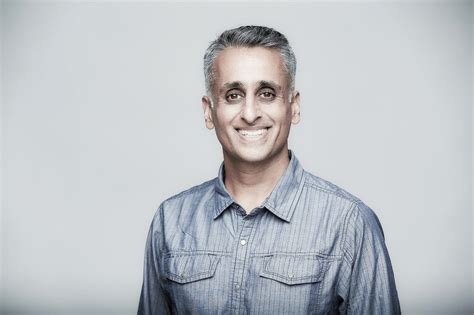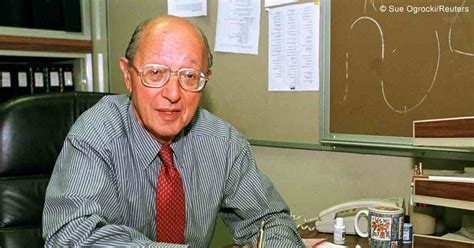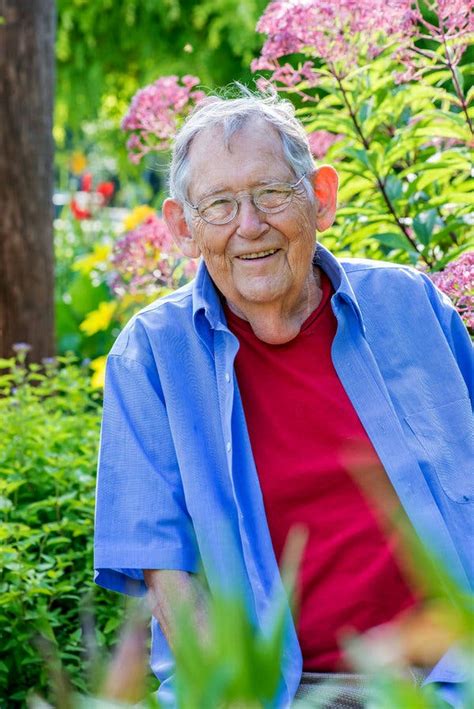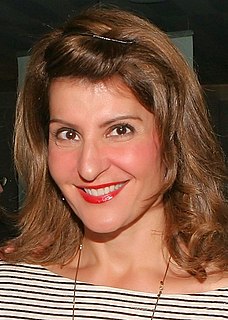Top 32 Monsanto Quotes & Sayings
Explore popular Monsanto quotes.
Last updated on April 14, 2025.
Capitalism is based on the principle that everything has to be privately owned; it can't be held in common. There is even a dogma, which is today called, the "tragedy of the commons" which holds that if things are held in common they are going to be destroyed. If they're privatized, like you give them to Bechtel or Monsanto or ExxonMobil, then they'll be preserved because that's the capitalist's religion.
... for nearly 40 years, while producing the now-banned industrial coolants known as PCBs at a local factory, Monsanto Co. routinely discharged toxic waste into a west Anniston creek and dumped millions of pounds of PCBs into oozing open-pit landfills. And thousands of pages of Monsanto documents-many emblazoned with warnings such as "CONFIDENTIAL: Read and Destroy"-show that for decades, the corporate giant concealed what it did and what it knew.
Do I think it would be better that people knew the atrocities that Monsanto commits or the influence of corporate money in government or government subsidies for our current food system that's a disaster and not sustainable? Yes. That would be really great, but a lot of that information unless you look for it, it's not available to you because that's not the discussion that's happening on mainstream news.
Monsanto will not come empty-handed. Monsanto will come with a big bag of money. And because these governments are poor, when they are shown money for their research institutions, for their universities, for their professors, they are very quick to say yes, and I can tell you that when Monsanto came to Kenya, they were able to be given permission to do research in one of our research institutions, and yet there was not a single law to control such research.
By making marijuana illegal, the agricultural people can't grab hold of it like they did with corn and wheat. So those companies are scrambling around trying to get hold of it, but they can't, because it's a cottage industry, and it will always be a cottage industry. Because the minute the big companies try to make it their own, like they did with soybeans...like Monsanto, they put their own patent on seeds, and you can't do that with marijuana.
It?s not that Monsanto is making money out of the blue. It?s making money by coercing and literally forcing people to pay for what was free. Take water, for instance. Water has always been free. We?ve never paid for drinking water. The World Bank says the reason water has been misused is because it was never commercially priced. But the reason it?s been misused is because it was wasted by the big users?industry, which polluted it.
My dad worked for Del Monte and then for Monsanto as one of the chief scientists on the Calgene Flavr Savr Tomato. But it was a huge disaster because the tomato didn't taste good. And then my dad started his own genetics company and I began doing that with him. He and I ran a genetics company for 10 years. And so I sold seeds to Florida.
Part of what the food industry does with public relations, just like the chemical industry or the oil industry, is to try to erase their fingerprints from their messaging. So when consumers hear about a recent effort like the "food dialogues" put on by a group called the US Farmers and Ranchers Alliance, do they know necessarily that these "dialogues" are being funded by companies like Monsanto, a large chemical company and the controller of most of the patents on genetically modified seeds? No, they don't.
The capitalist has this over the politician and the clergyman; he has in practice done more to raise the standard of living of the poor than all the government and church programs in history....Monsanto and the Archer Daniels Midland Company have fed more hungry people than all the...soup kitchens combined.
Economically, many folks don't feel they can afford organic. While this may be true in some cases, I think more often than not it's a question of priority. I feel it's one of the most important areas of concern ecologically, because the petrochemical giants - DuPont, Monsanto - make huge money by poisoning us.
There is no reason why a company like Monsanto, for example, that is pushing GMOs, cannot go to Kenya, partner with the university, partner with the research institutions, and try to promote - in a responsible way - advanced techniques to help farmers. But this should be done in such a way that the farmers' livelihoods are not undermined because the government is irresponsible or careless, or because it is compromised.
If you read Wall Street?s reports, they don?t talk of soya bean as originating in China. They don?t talk of soya bean as soya bean. They talk of Monsanto soya. Monsanto soya is protected by a patent. It has a patent number. It is therefore treated as a creation of Monsanto, a product of Monsanto?s intelligence and innovation.


